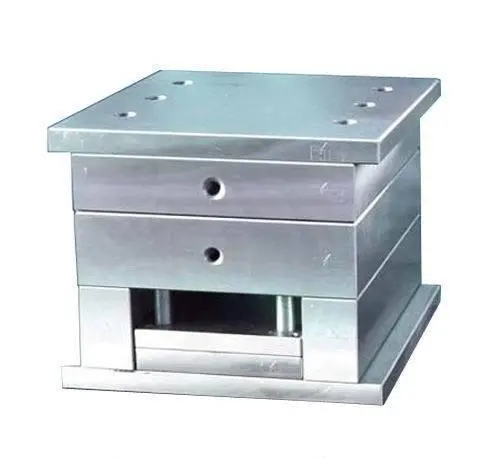In Singapore's rapidly evolving manufacturing landscape, precision is not just desired; it is essential. High-quality mold bases are critical components in achieving this precision. This article delves into the significance of high-quality mold bases, their types, materials, and applications, along with a comparison of local and international suppliers.
Understanding Mold Bases
Mold bases serve as the framework for molds used in various industries, including plastics, automotive, and electronics. They are designed to hold the mold cavities securely and withstand the pressure of injection during the manufacturing process. High-quality mold bases contribute directly to the durability and performance of the molds they support.
The Importance of Quality in Mold Bases
The quality of mold bases is paramount for several reasons:
- Durability: High-quality mold bases withstand repeated cycles without warping or degrading.
- Precision: They maintain tight tolerances that are crucial for high-quality molds.
- Cost Efficiency: Investing in durable and precise mold bases reduces downtime and replacement costs.
- Performance: Quality mold bases enhance overall mold performance, leading to better product output.
Materials Used in High-Quality Mold Bases
The materials chosen for mold bases directly impact their performance. Here are some common materials:
| Material | Properties | Common Applications |
|---|---|---|
| Steel | High strength, wear-resistant, durable | Plastic injection molds, metal forming |
| Aluminum | Lightweight, good thermal conductivity | Short-run molds, prototyping |
| Composite materials | Corrosion-resistant, versatile | Specialty molds, lightweight applications |
Local vs. International Suppliers
When considering the purchase of mold bases, manufacturers in Singapore often weigh the benefits of local suppliers against international options. Below are some important factors to consider:
- Lead Time: Local suppliers can often provide quicker turnaround times compared to international ones, minimizing downtime.
- Cost: While international suppliers may offer competitive pricing, shipping costs and tariffs can add to the overall expense.
- Support: Local suppliers often provide better technical support and customized solutions, tailored to specific needs.
- Quality Assurance: Local suppliers can often be easier to vet for quality and reliability in their products.
Key Requirements for Mold Bases in Singapore's Manufacturing Sector
To ensure that mold bases meet the rigorous demands of precision manufacturing in Singapore, several key requirements must be met:
- High Precision Machining: Accuracy in dimensions and tolerances is crucial.
- Surface Finish: A high-quality surface finish reduces friction and enhances mold lifespan.
- Heat Treatment: Processes like quenching and tempering improve the mechanical properties of steel used in mold bases.
- Design Flexibility: Customization in design facilitates better fit and performance in specific applications.
Future Trends in Mold Base Manufacturing
As manufacturing technology continues to advance, several trends are emerging that will impact mold base production:
- 3D Printing: Additive manufacturing is poised to revolutionize mold base design and production, allowing for complex geometries and quick prototyping.
- Smart Manufacturing: The integration of IoT technology enables real-time monitoring and adjustments during the mold manufacturing process.
- Sustainability: A shift towards eco-friendly materials and processes is gaining momentum, aligning with global sustainability goals.
Conclusion
High-quality mold bases play a critical role in ensuring precision manufacturing in Singapore. Understanding their importance, materials, and supplier options is essential for manufacturers aiming to enhance their production capabilities. As trends evolve, embracing new technologies and sustainable practices will be vital. Investing in quality mold bases is not merely a choice; it is a necessity for competing in today’s fast-paced manufacturing environment.

